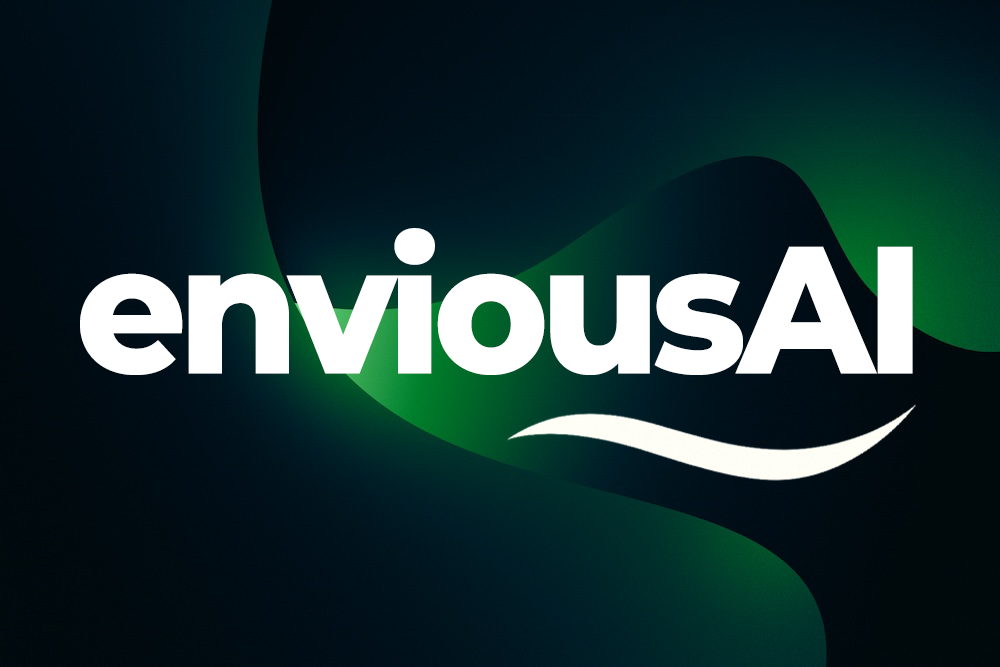How to Optimise Your Website for AI-Powered Answer Engines
The way people search online is changing fast. Instead of just typing keywords into Google, more users are asking full questions to AI-powered answer engines like ChatGPT, Google’s Search Generative Experience (SGE), Bing Copilot, and Perplexity.
This shift means your website needs more than traditional SEO — it needs AEO (Answer Engine Optimisation). Unlike SEO, which focuses on ranking in search results, AEO is about making sure AI engines understand, trust, and surface your content as the best answer.
So, how can you get your website ready for this new era?
Using Structured Data to Speak the Language of AI
AI engines rely heavily on structured data to understand context. By adding schema markup to your site, you give machines extra clues about your content.
Examples:
- FAQ schema to highlight common questions and answers.
- Article schema to improve visibility of blog posts.
- Product schema to show details like price, reviews, and availability.
- Organisation schema for credibility and trust signals.
When your content is structured clearly, AI systems can review it faster and deliver it directly in responses.
Implementation tip
Structured data doesn’t just live in theory — you can add it to your website with simple code snippets. For example:
These small code additions make your content far easier for AI systems to parse and surface as trusted answers.
Create Conversational Content that Matches Natural Queries
People don’t ask AI engines the way they type into Google. Instead of typing “best CRM software 2025”, they’ll ask:
“What’s the best CRM software for small businesses in 2025?”
That means your content should:
Pro tip: Use FAQ-style sections at the end of posts to cover multiple variations of a query.
Demonstrate Authoritativeness with E-E-A-T
Answer engines prioritise credible sources. To stand out, you need to show Experience, Expertise, Authoritativeness, and Trustworthiness (E-E-A-T).
Ways to strengthen this:
- Add author bios with credentials.
- Refer to reputable sources.
- Publish research-backed content.
- Keep content updated to stay relevant.
If you were an AI engine, would you trust your site’s answer enough to recommend it?
Optimise for Featured Snippets and Zero-Click Searches
Even before AI engines, Google’s featured snippets gave users direct answers. Optimising for snippets helps with AEO too.
Tips:
- Use clear definitions (e.g., “X is…”).
- Format with lists, tables, or step-by-step instructions.
- Keep answers concise (40–60 words is ideal).
If AI engines already see your content as “snippet-worthy,” it’s more likely to be chosen as a trusted AI-generated response.
6. Don’t Forget Technical SEO
AEO doesn’t replace SEO — it builds on it. Your site still needs:
- Fast page speed
- Mobile responsiveness
- Clean URLs
- Secure HTTPS
- Proper site structure
AI won’t recommend slow, clunky, or outdated websites, no matter how good the content is.
Final Thoughts
Answer Engine Optimisation isn’t just a buzzword — it’s the next step in digital marketing. By combining structured data, conversational content, FAQs, and authority-building, you can position your website as the go-to answer in the age of AI search.
The brands that adapt early won’t just win traffic — they’ll win trust, visibility, and competitive edge in a world where answers matter more than links.
If you would like to receive our new posts automatically via email, please fill in the details below








